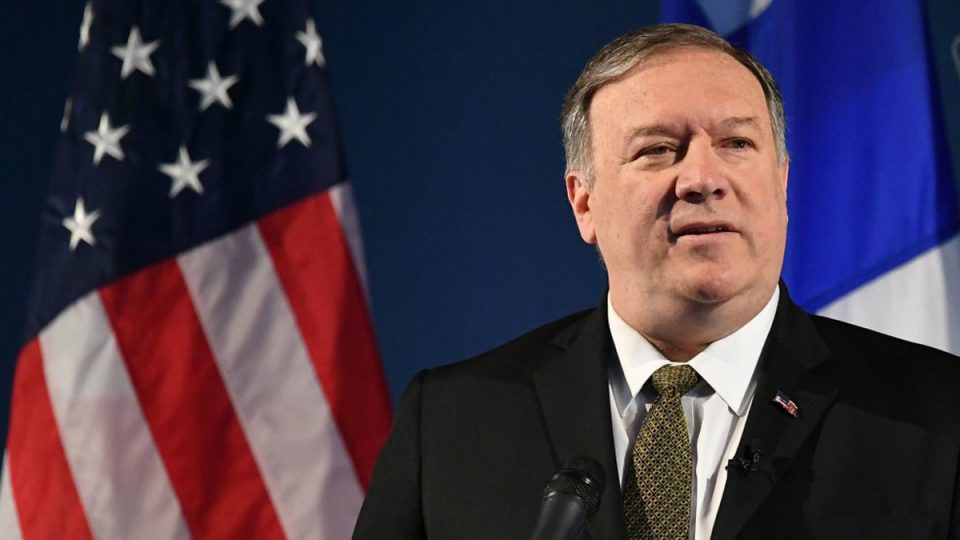The United States will not allow Iran to purchase conventional arms after a UN prohibition on this expires in October, U.S. Secretary of State Mike Pompeo said on Wednesday.
“We’re not going to let that happen,” Pompeo said at a news briefing.
“We will work with the UN Security Council to extend that prohibition on those arms sales and then in the event we can’t get anyone else to act, the U.S. is evaluating every possibility about how we might do that.”
The U.S. in 2018 withdrew from the Iran nuclear deal that sought to prevent Tehran from developing nuclear weapons in exchange for relief from economic sanctions.
As part of that deal, a UN arms embargo on Iran expires in October.
A U.S.-drafted resolution to extend the embargo has been given to Britain, France and Germany, all parties to the nuclear deal, a U.S. official confirmed.
However, UN diplomats said it has not been shared with the remaining 11 UN Security Council members, including Russia and China. Russia and China.
The Security Council members which hold vetoes on the council and are parties to the nuclear deal, are believed to be eager to sell armaments to Iran.
“The failures of the Iran nuclear deal are legion. One of them is now upon us. … where China, Russia, and other countries from around the world can all sell significant conventional weapon systems to the Iranians in October, Pompeo said.
“We are urging our E3 partners to take action. This is within their capacity to do,” he added
He was referring to Britain, France and Germany, each of which has the ability to force the “snapback” of all UN sanctions on Iran – including the conventional arms embargo – lifted under the nuclear deal.
Several European diplomats said since Washington has pulled out of the nuclear deal, it may not be able to spark a sanctions snapback, but Pompeo on Wednesday pushed back on that argument.
“The UN Security Council Resolution 2231 is very clear.
“We don’t have to declare ourselves as a participant…It’s there in the language…It’s unambigious and the rights that accrue to participants in the UN Security Council resolution are fully available to all those participants,” he said.
Some UN diplomats said that while legal opinions on whether the U.S. could do this were split, ultimately it would be up to council members to decide whether to accept a U.S. complaint of “significant non-performance” by Iran.




